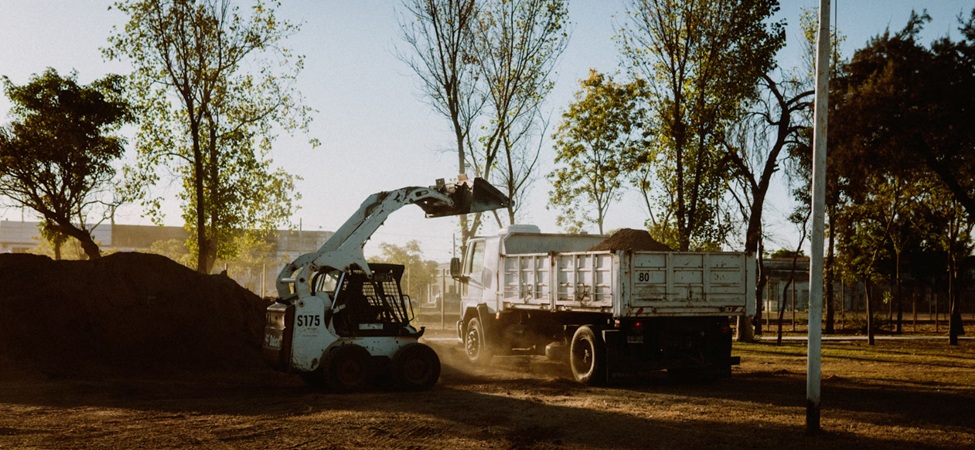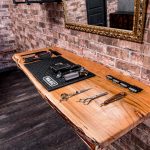Skid-steers are versatile and indispensable machines for industries such as construction, agriculture, and landscaping. They are designed to perform a variety of tasks efficiently, including digging, grading, lifting, and more. Selecting the best skid-steer for your needs, however, involves thoughtful consideration of various factors. A well-informed decision ensures you get the most out of your investment. Here’s a detailed guide to help you choose the perfect skid-steer.
Understand Your Specific Needs
Before making a purchase, take the time to assess your specific requirements. Consider the type of tasks you plan to perform and the environment in which the machine will operate. Will it be used in tight spaces or wide-open areas? Are you dealing with rough terrain or smooth surfaces?
Additionally, think about the type of attachments you might need. Skid-Steers For Sale can be equipped with a range of tools, from buckets to augers. If you need a machine for heavy-duty applications, ensure it has the necessary power and capacity. Conversely, for lighter tasks, a smaller, more maneuverable model may suffice. Matching the machine’s capabilities to your workload ensures efficiency and prevents overspending.
Decide Between New and Used Options
One of the first decisions you’ll face is whether to buy a new or used skid-steer. New machines come with the latest features, warranties, and no prior wear, making them reliable choices. However, they are more expensive and may stretch your budget.
On the other hand, used skid-steers can be more affordable, but they require a thorough inspection before purchase. Pay attention to key indicators like engine hours, maintenance records, and overall condition. Check for signs of wear, such as hydraulic leaks or tire damage, and ensure the machine has been well-maintained. Purchasing a used skid-steer in good condition can be a cost-effective option for businesses looking to save money without compromising functionality.
Evaluate Features and Specifications
When selecting a skid-steer, focus on its key features and specifications. Engine power is a critical factor, as it determines the machine’s ability to handle demanding tasks. Machines with higher horsepower are ideal for heavy-duty work, while lower-powered models are better suited for simpler tasks.
Hydraulic flow rate is another important consideration, particularly if you plan to use attachments. High-flow systems are required for more advanced tools, while standard flow systems are sufficient for basic operations.
Operator comfort is equally important, especially if the machine will be used for long hours. Look for features such as an ergonomic seat, adjustable controls, and good visibility from the cab. A comfortable operator is a more productive operator, so don’t overlook this aspect when making your decision.
Prioritize Safety and Durability
Safety is a non-negotiable aspect of skid-steer selection. Ensure the machine is equipped with essential safety features such as rollover protection systems (ROPS), secure entry points, and adequate lighting. These features minimize the risk of accidents and ensure the safety of the operator and those nearby.
Durability is another crucial factor. Skid-steers are often used in demanding conditions, so choose a machine built to withstand wear and tear. Pay attention to the build quality, frame strength, and protection for vital components such as the engine and hydraulics. A durable machine will require fewer repairs and last longer, offering better value for your investment.
Consider Maintenance and Long-Term Value
Maintenance plays a significant role in the cost of ownership. Select a skid-steer that is easy to maintain, with accessible parts and simple servicing requirements. Regular maintenance keeps the machine running efficiently and reduces the likelihood of breakdowns.
Resale value is another factor to consider. While you may not plan to sell your skid-steer soon, choosing a model that holds its value can make future upgrades easier and more cost-effective. Machines that are well-maintained and from reliable manufacturers often retain their value better.












